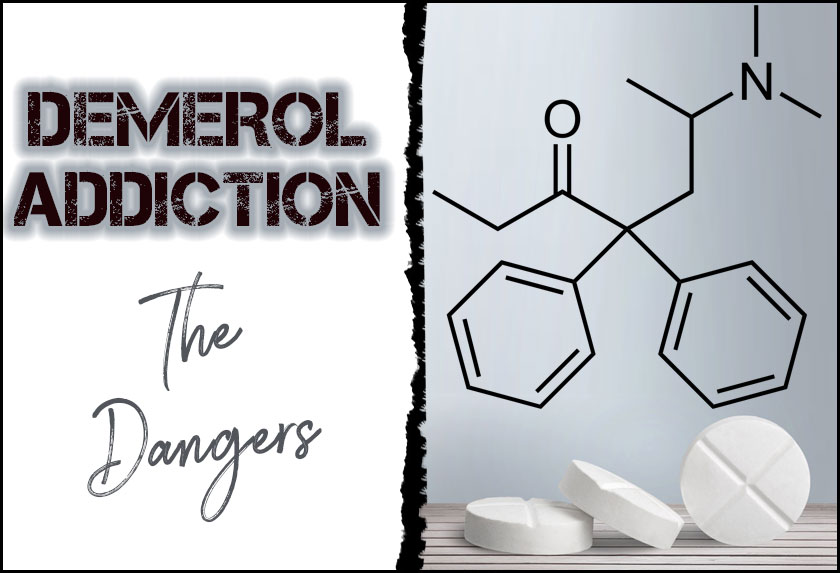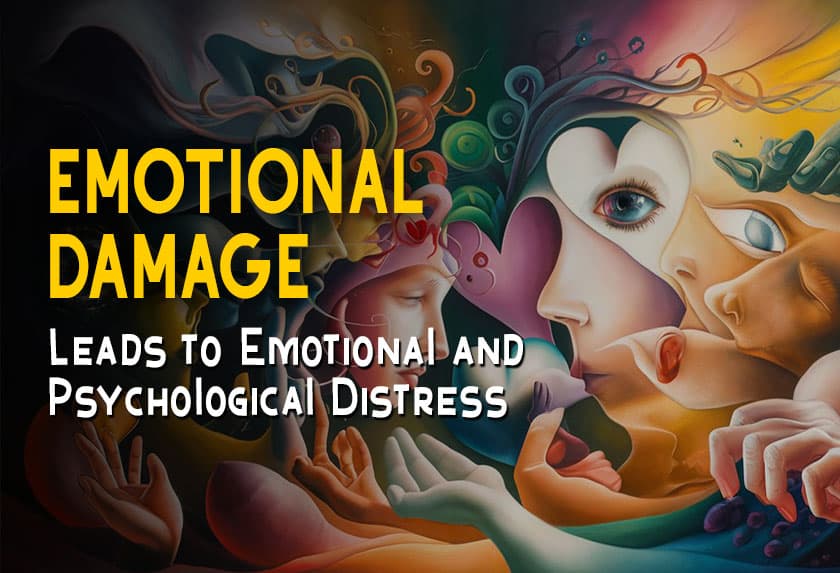The opioid crisis in America has opened people’s eyes to the dangers of prescription painkillers. Every day, over 130 people lose their lives after misusing and overdosing on opioids.
One of the drugs included under the umbrella of opioids is Demerol also known as Meperidine Hydrochloride. Like other painkillers, doctors prescribe this drug to people after surgeries or if they have sustained serious injuries.
While this drug is effective for pain management, it’s also highly addictive. If someone starts abusing it, they can develop a dependency very quickly.
If you or someone you know is taking Demerol on a regular basis, it’s important to understand the potential dangers.
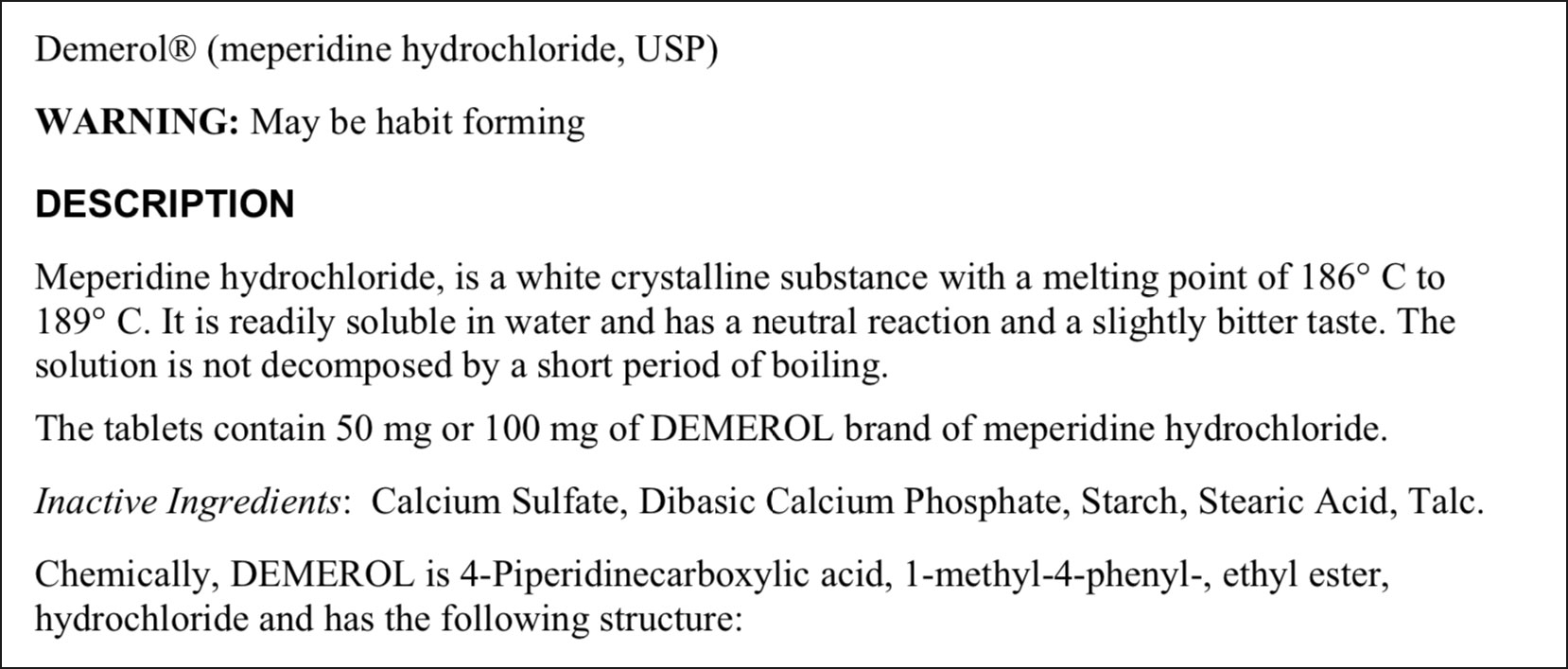
Understanding Demerol (Meperidine Hydrochloride)
Also known as Meperidine, Demerol comes in both liquid and pill form. However, it is usually prescribed and sold legally in pill form.
Addicts abuse the drug for its highly-pleasurable, euphoric effects. In addition to ingesting the drug, a user can snort or inject it to feel the effects and intensity more quickly. As with any opioid, this is highly dangerous and can lead to overdose.
Demerol works by interacting with brain receptors that release dopamine and norepinephrine. These two neurotransmitters are closely connected with the way we react to, and feel pleasure and pain.
When used as prescribed, this drug is effective at relieving moderate to severe pain. However, even if following the prescribed dose, long-term use can lead to dependence.
Many users of the drug begin to increase their dosage once they develop a tolerance. A person may even start seeking out Demerol sold on the street once their prescription runs out. When this happens, they are at risk of developing a harmful addiction.
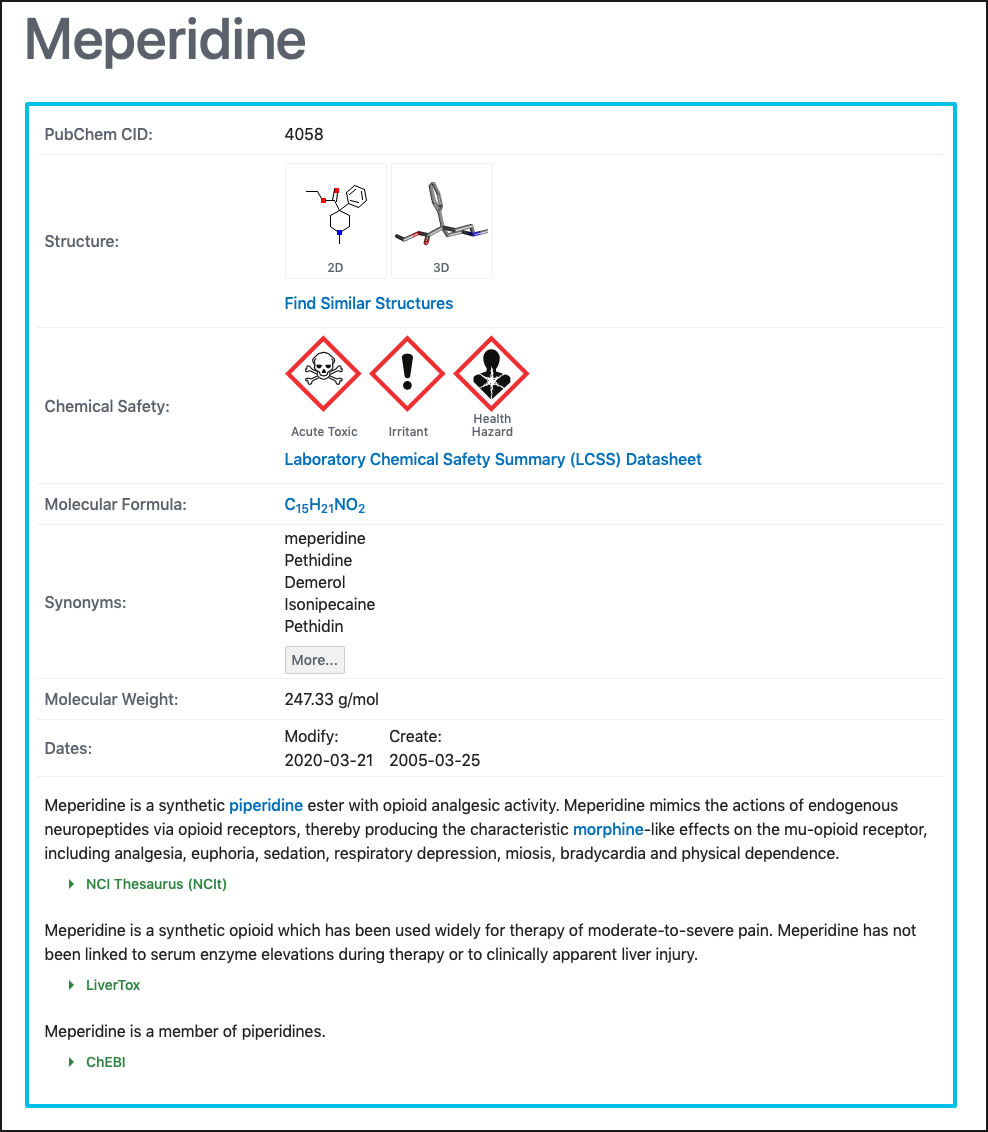
Signs of Demerol Abuse
People addicted to Demerol will show both physical and behavioral symptoms. These are similar to the symptoms and side effects shown by abuse of other opioids.
Some of the most common physical signs of Demerol abuse to watch out for include:
- Fatigue
- Lack of energy
- A sickly appearance
- Irritability
- A sense of relaxation or euphoria
- Itching
- Excessive sweating
- Headaches
- Constipation
A person may exhibit these symptoms if they’re currently on the drug. These signs may also indicate a person is going through withdrawal.
In addition to showing physical signs of addiction, a person may exhibit personality changes and they may start behaving in a way that’s inconsistent with their normal character.
Some of the behavioral signs of Demerol abuse include:
- Neglecting responsibilities
- Isolating themselves
- Engaging in criminal activity
- Secrecy
- Lashing out at friends or family
- Financial issues
If these behavioral changes continue for a long period of time, it often indicates a need for professional addiction treatment. If the problem goes unchecked without a treatment intervention, a person risks damaging their future and destroying their career, marriage, and family life.

Why Demerol Is So Dangerous
Demerol and other opioids are extremely dangerous because users quickly build a tolerance to them, and these drugs have high risk of dependency. The resulting addiction is both physical and psychological in nature. The addict becomes physically dependent while also relying on the drug to deal with stress or anxiety.
When a user starts increasing their dose, their body begins to build a tolerance to the drug. Soon after, they need to take more of the drug in order to feel normal or reach the feeling of euphoria they had when they first started using it.
As the user’s tolerance increases, so does the frequency and amount of use. In very little time, a person addicted to Demerol can quickly develop an expensive habit.
In addition to perpetuating their addiction, an addict risks overdose when they increase their dosage. Like other opioids, a high dose of Demerol depresses the respiratory system and the user runs the risk of cutting off oxygen to the brain and passing out.
Opioids like Demerol are also dangerous because many people feel that prescriptions are safe to use when prescribed by a doctor. They don’t understand that they are only safe when “used as prescribed,” and become unsafe when used improperly.
The truth is, prescription opioids are just as damaging as illegal substances. Some users of prescription opioids end up switching to heroin for a more powerful high when their tolerance increase to the point that the original drug they were taking doesn’t provide the same amount of relief any more.
Long-Term Effects of Meperidine Addiction
In addition to the short-term effects of Demerol misuse, there are also long-term health risks involved, especially if a person crosses the threshold into addiction.
Opioids are intended for temporary pain management. A person with a serious injury eventually needs to seek out other treatments such as physical therapy. Relying on drugs is only recommended as a short-term fix and not a permanent solution.
If a person continues to stick with the prescribed amount of Demerol, they may still do long-term damage to their body. When someone abuses the drug, the side effects can increase in severity.
Some of these long-term side effects include:
- Liver damage
- Heart attack
- Stoke
- Respiratory issues
- Seizures
- Sexual dysfunction
- Weakened immune system
In some cases, a long-term addict can sustain liver failure and may require a liver transplant to live a normal life.
The most obvious long-term risk involved with addiction is overdose, which is often fatal.
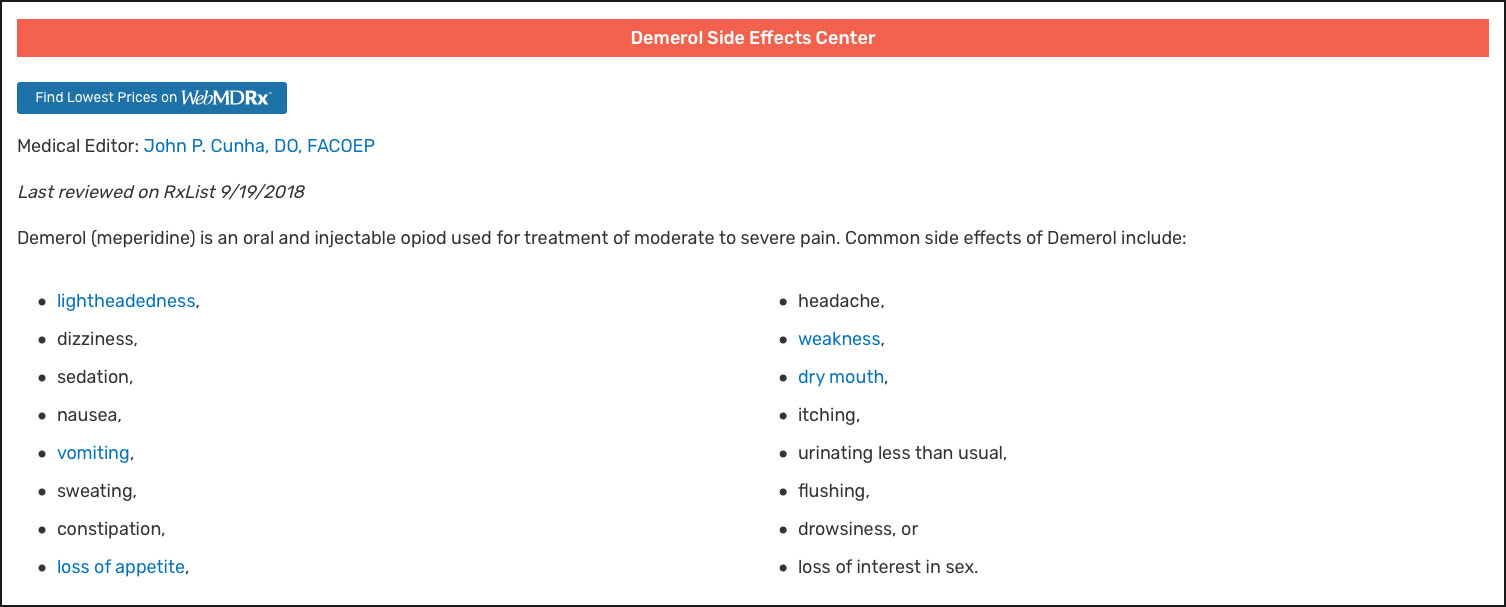
Treatment Options for Meperidine Hydrochloride
If you or someone you know is addicted to Demerol, the first step in the treatment process is detox. This rids the body of the drug until physical withdrawal subsides.
It’s important to detox with the help of medical professionals in a supervised drug detox facility. Attempting to detox alone or at home can be dangerous and extremely uncomfortable, which is why most people fail and return to using drugs to offset the pain and discomfort of withdrawal.
While detoxing in a treatment facility, doctors can administer other drugs to help with the withdrawal symptoms. Drugs like buprenorphine can make the detox process much more comfortable and tolerable during withdrawal.
Inpatient Treatment
Once the detox process is complete, a person may opt to remain at the treatment center for further rehabilitation. This is recommended if a person is recovering from a long-term addiction.
Inpatient care involves individual and group therapy, one-on-one counseling, and other medical treatment. This also allows a person more time to recover before reentering normal life.
Outpatient Treatment
If an addict needs to return to their responsibilities after detox, they can opt for outpatient care if approved by their doctor. This requires returning to a treatment center on a regular basis for drug counseling, either three or five days a week.
Because the patient returns to normal life right away, this treatment option puts them at a higher risk of relapse. This care plan is more suitable for someone with a short-term addiction, or others who have completed an inpatient program and they need additional time or help.
